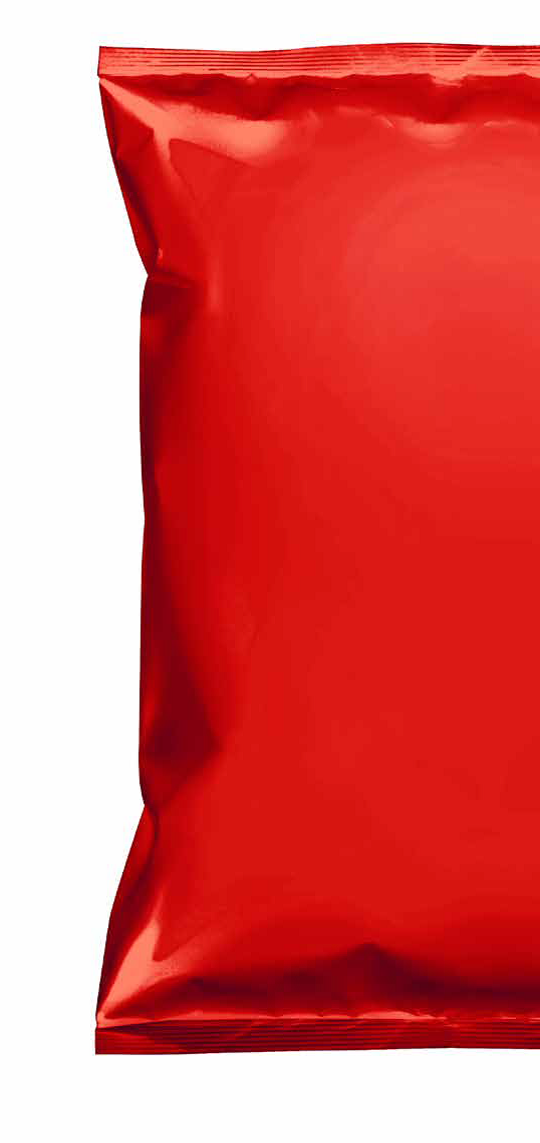Swedish specialty chemical company Perstorp and Corbion, a Dutch producer of, among other things, lactic acid and lactides, have announced that the partnership entered into by the two companies in March of 2013, targeted at the development of caprolactone lactide copolymers for the plastic, coatings and adhesive market, has now resulted in a breakthrough innovation for adhesives. A new lactide caprolactone copolymer has been developed that delivers major benefits in hot-melt adhesive applications.
September 1, 2015
Swedish specialty chemical company Perstorp and Corbion, a Dutch producer of, among other things, lactic acid and lactides, have announced that the partnership entered into by the two companies in March of 2013, targeted at the development of caprolactone lactide copolymers for the plastic, coatings and adhesive market, has now resulted in a breakthrough innovation for adhesives. A new lactide caprolactone copolymer has been developed that delivers major benefits in hot-melt adhesive applications. The new material is expected to be the first in a series of innovations for the adhesive industry.
 As Corbion’s Senior Vice President Biochemicals, Marco Bootz, expressed it: “This new material represents the culmination of two years’ joint development work with Perstorp. It will create a strong technology platform for the development of polymers that provide a genuine alternative to traditional materials like EVA (ethylene vinyl acetate) and mPE (metallocene-catalyzed polyethylene) for the adhesive industry.â€
As Corbion’s Senior Vice President Biochemicals, Marco Bootz, expressed it: “This new material represents the culmination of two years’ joint development work with Perstorp. It will create a strong technology platform for the development of polymers that provide a genuine alternative to traditional materials like EVA (ethylene vinyl acetate) and mPE (metallocene-catalyzed polyethylene) for the adhesive industry.â€
Hot-melt adhesives are thermoplastic materials that are mixed and applied in the molten state at temperatures varying from 120° to 180°C, and begin bonding almost immediately after application, as they cool down to their solidification point. Using little or no volatile organic compounds, they offer excellent adhesion, user convenience and superior manufacturing flexibility compared to waterborne or solvent-based adhesives.
As part of Perstorp’s Capa Lactide range, the new product has a renewable content exceeding 80% and is fully compostable—providing adhesives manufacturers with a new technology to improve food safety aspects of packaging and at the same time meet the growing demand for more sustainable products, with no compromise on performance, thus allowing formulators to remain competitive.
“Through this partnership we provide adhesives manufacturers with a competitive advantage through safe innovative materials that deliver high performance with a reduced environmental footprint,†said HÃ¥kan Björnberg, Vice President Innovation at Perstorp. “We expect this innovation to be the first of many.â€
The new Capa product is expected to be commercially available in the final quarter of this year and will be brought to market by Corbion.
About the Author(s)
You May Also Like


